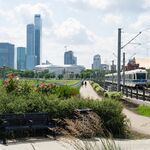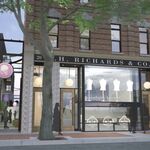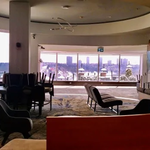StatsCan released its
November transit usage data for November and Edmonton is showing the largest year-over-year increase in ridership in Canada.
In November, the number of Edmonton Transit riders went from 4,994,000 in 2023 to 6,376,000 in November 2024 - an increase of 27%. Revenue (excluding subsidies) rose more modestly, from 9,417,000 (2023) to 9,979,000 (2024).
The next-fastest growing transit usage is shown in Calgary, where the service rose from 8,367,000 (2023) to 9,398,000 (2024).
Most other large transit systems showed either small increases, no gain, or even decreases.

www.edmonton.ca





